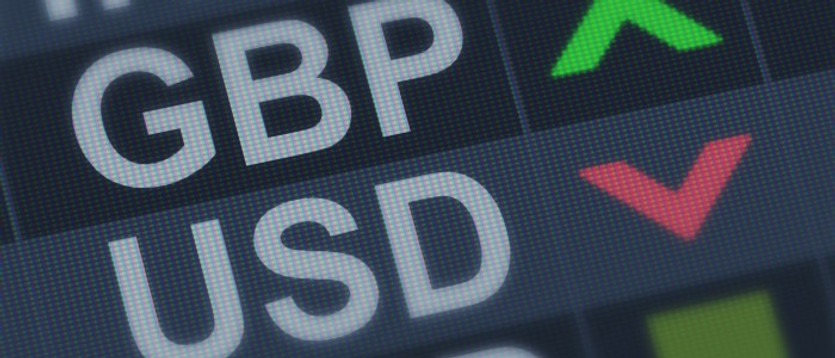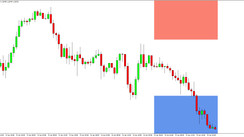In anticipation of an interest rate hike by the Bank of England, the pound strengthened last week, while the GBP/USD pair rose. It was further supported by the weakening dollar.
As is now known, and as was expected by the market, the UK central bank raised its key interest rate to 0.75% from 0.50%, saying further increases may be needed in the coming months.
However, the British pound fell shortly after the Bank of England raised its key interest rate.
The bank noted the presence of "risks for the implementation of this scenario (further increase in interest rates)". According to the bank's management, this will depend on how the medium-term inflation outlook develops. In addition, one member of the Monetary Policy Committee of the Bank of England (out of 9) voted to leave the rate unchanged.
It is also worth highlighting the deadlocked trade negotiations between the EU and the UK. The lack of progress could force British officials to apply the so-called Article 16, which allows them to abandon some of the commitments made during the country's exit from the EU. Currently, Northern Ireland effectively remains within the EU customs union, and disagreements between the parties in customs checks could lead to an aggravation of the trade conflict.
Thus, the prospects for future tightening of the monetary policy of the Bank of England are no longer so clear.
Additional pressure on the pound continues to be exerted by geopolitical uncertainty and Russia's military special operation in Ukraine. In January, British GDP rose from -0.2% to +0.8% (+10% year on year, from 6.0% in December), which was much better than economists' forecasts. However, economists believe that GDP growth could be seriously reduced in the near future, as the economy is under pressure from the consequences of the military conflict in Ukraine.
In addition, the dollar remains in demand as a defensive asset, including against the backdrop of a lack of progress in the negotiation process between Russia and Ukraine. Investors prefer it to other traditional defensive assets - the yen and gold.
In addition, the Fed raised interest rates by 25 basis points to 0.50% during a recent meeting, setting off a cycle of US monetary tightening that makes the dollar more profitable, especially for long-term investors. Fed officials are planning 6 more interest rate hikes, which indicates their inclination for a tougher policy than other major world central banks, including the Bank of England.
"The economy is extremely strong, the demand for labor is extremely high", Fed chief Jerome Powell said after a central bank meeting last week, noting high inflation rates. The Fed is also planning to start cutting its (roughly $9 trillion) balance sheet, possibly at its next meeting in early May.
As for the pound this week, market participants will be waiting for the publication on Wednesday (at 07:00 GMT) of consumer price indices. This indicator reflects the dynamics of retail prices for a group of goods and services that are part of the British consumer basket, and is a key indicator of inflation. In the previous reporting month (in January), the growth in consumer inflation amounted to +5.5% (in annual terms). The data suggests growing inflationary pressures, which is likely to support the pound. A reading of the indicator below the forecast/previous value could provoke a weakening of the pound, as low inflation will force the Bank of England to maintain an easy monetary policy.
Forecast for February: +0.6% (+5.9% in annual terms).
Of the news for today, market participants will pay attention to the speech (at 16:00 GMT) by Fed Chairman Powell. His comments could affect both short-term and long-term USD trading if he touches the Fed's monetary policy. A more hawkish stance on the Fed's monetary policy is seen as positive and strengthens the US dollar, while a more cautious stance is seen as negative for the USD. If he makes unexpected statements, then the volatility in financial markets may increase.





